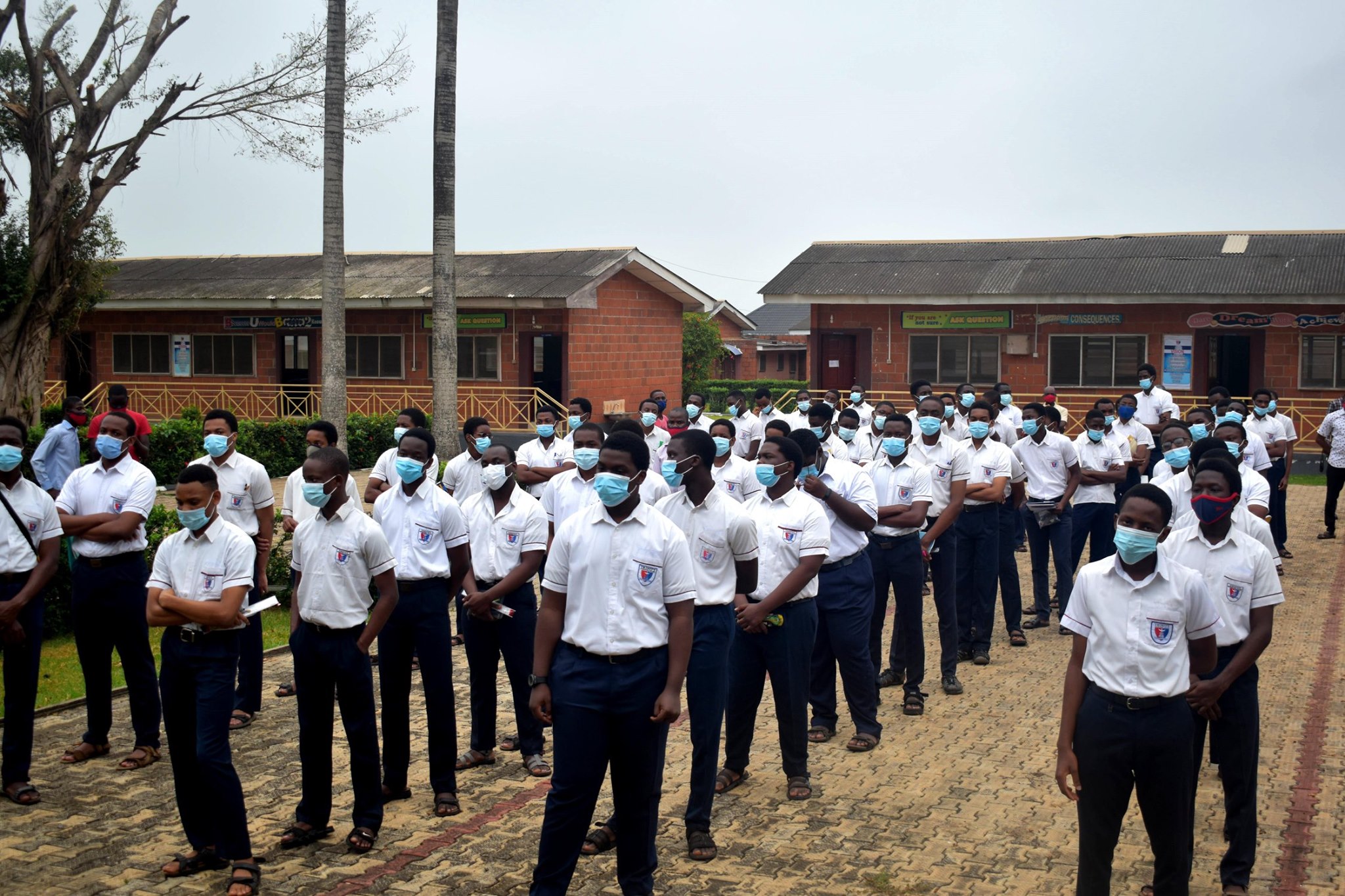The Federal High Court in Lagos has ruled that the Federal Government, the 36 states and the Federal Capital Territory have a statutory obligation to provide free, compulsory and universal basic education for all children of primary and junior secondary school age.
Justice Daniel Osiagor delivered the judgement on 9 October 2025 in a suit filed by human rights lawyer, Femi Falana (SAN), and Hauwa Mustapha, representing themselves and the Alliance on Surviving COVID-19 and Beyond. The Federal Government, the states and the FCT were named as respondents.
In the certified true copy of the judgement, the court held that Section 11(2) of the Universal Basic Education Act places a binding duty on all respondents to guarantee free basic education within their jurisdictions.
“Any state that elects to participate must comply strictly with Section 11(2) by contributing 50 per cent counterpart funds before drawing from the Universal Basic Education Fund,” Justice Osiagor stated.
He added that states’ failure to access the federal block grant “does not per se amount to illegality,” noting that the provision is directory and conditional rather than mandatory.
The court also affirmed the applicants’ locus standi, adopting a liberal approach to public interest litigation. Justice Osiagor held that cases concerning fundamental social rights do not require proof of personal injury.
“The applicants demonstrated a genuine concern for the enforcement of children’s educational rights, supported by evidence of unaccessed federal grants… Accordingly, I hold that the applicants have sufficient interest and thus possess locus standi,” he said.
On whether the right to basic education is enforceable, the court rejected the respondents’ argument that the right remains non-justiciable under Chapter II of the Constitution.
Justice Osiagor held that the enactment of the UBE Act transformed the right into an enforceable statutory entitlement. “Once parliament has enacted a law imposing obligations, those obligations become enforceable,” he said, referencing Indian jurisprudence and Nigeria’s constitutional development.
The court ruled that Sections 2(1) and 11(2) of the UBE Act impose binding duties on the Federal Government, the states and the FCT to ensure free and compulsory basic education.
However, Justice Osiagor found that the law does not criminalise the refusal or failure of states to pay the required 50 per cent counterpart funding or access the N68bn Universal Basic Education Fund.
While he resolved the first two issues in favour of the applicants, he held on the third issue that failure to draw from the fund is not unlawful.






